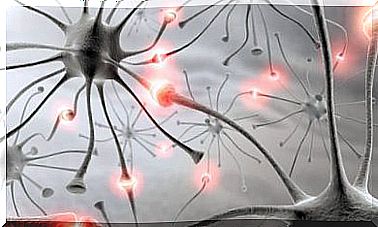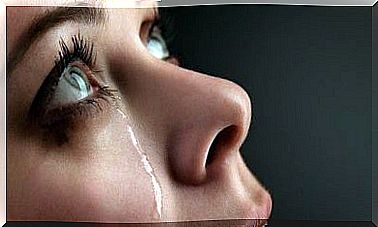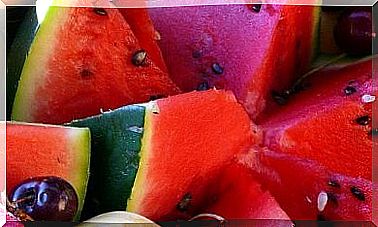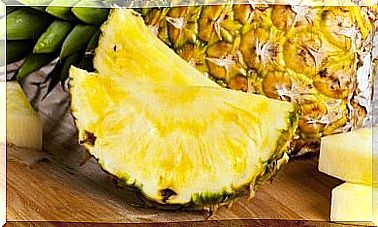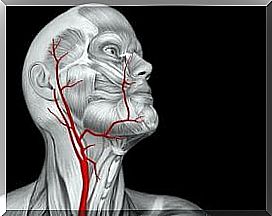10 Foods With Anticancer Properties?

Although cancer is still an incurable disease, a lot of research continues to look for a possible cure or at least ways to improve existing treatments and thus help patients.
Several investigations have gone into the properties and compounds of certain foods and beverages, trying to find a solution. However, at the moment, what has become clear is that consumption of a particular type of food or drink does not have the ability to prevent or cure cancer.
Let’s review which foods and beverages have been researched further, but first let’s see what the experts say.
Cancer and diet: a complex relationship
According to experts at the Spanish Association for the Fight against Cancer (AECC) , it would be advisable to follow “a diet rich in fruits and vegetables and low in fat, in addition to avoiding obesity and exercising to protect yourself against certain types of cancer” .
Likewise, experts point out that, as there are no foods capable of meeting all the body’s needs for it to function properly, it is essential to maintain variety in the diet and not depend only on the consumption of a particular food.
On the other hand, remember that it is convenient to limit the consumption of all edible products that contribute nothing to health: junk food , ultra- processed products , sweets and industrial snacks .
What are foods and beverages with anticancer properties?
Now let’s look at the different foods and beverages that have been thought to have anti-cancer properties that could be beneficial to overall health.
1. Red wine?
Although red wine may have a certain amount of antioxidants, its daily consumption does not protect the body against cancer. Besides, it doesn’t help to treat it either.
Popularly, it was thought that perhaps it could have such effects due to its antioxidant and resveratrol content. However, studies in rats have shown that drinking red wine does NOT prevent cancer.
2. Pomegranate?
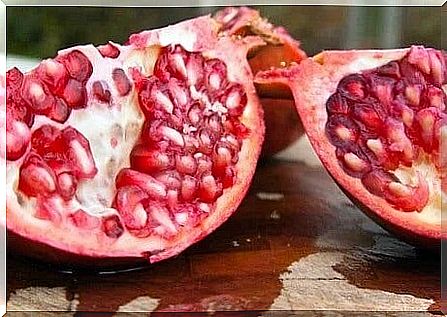
Like other antioxidant-rich fruits, pomegranate was thought to have anti-cancer potential.
It was thought that antioxidants could “slow down” the action of free radicals, prevent premature aging and the multiplication of cancer cells. However, it has been proven that this does not happen. Therefore, consuming pomegranate does not help to prevent or cure cancer, it just complements a balanced diet.
3. Green tea?
It has been shown that green tea, although it contains antioxidants and sulforaphane, is not a drink capable of preventing or curing cancer. Therefore, it is not necessary to consume it daily.
4. Broccoli?
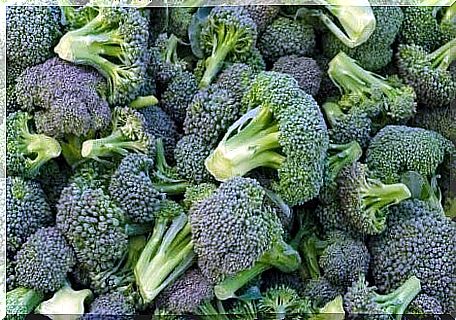
Although consumption of vegetables in a balanced diet can have health benefits, consumption of broccoli does not prevent the appearance of tumors in the final part of the digestive system. It was believed so, due to its content of sulforaphane, a phytochemical with anticancer potential under certain conditions.
5. Coffee?
In the popular sphere, it was considered that coffee consumption could have a positive effect on the prevention of different types of cancer. According to a review published in 2018, the following was concluded:
- Coffee consumption is not associated with the development of cancers in general, but of certain types.
- According to several studies, drinking a cup of coffee daily is associated with a reduced risk of liver cancer. It was also possible to observe some reduction in the risk of oral cancer and prostate cancer.
- Although there appears to be a favorable effect on coffee consumption in some colorectal cancer control studies, there are no studies to support a consistent relationship between the two variables.
- On the other hand, in several surveys carried out, the data obtained are insufficient and mixed, requiring further research in this regard.
6. Garlic?
Due to its content in allicin and other compounds, garlic was considered as a possible ally in the fight against cancer and other diseases. However, evidence found in several surveys has made it clear that, in summary, the consumption of garlic (in any form and frequency) has no protective effect against cancer.
7. Nuts?
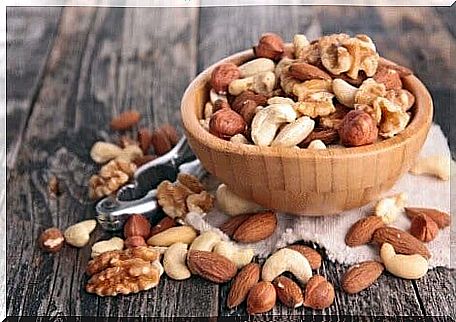
Due to their phytosterol content, walnuts were considered a possible food with anticancer potential. However, the researchers concluded that it is necessary to go further in this regard, as the evidence found so far is inconclusive.
8. Citrus fruits?
Citrus foods (such as lemons and oranges), despite being rich in vitamin C and other nutrients, do not have “anticancer properties” and their consumption does not protect the body from disease. However, the opposite has been claimed, given the popular belief that vitamin C “strengthens” the immune system.
Nutrition and diet experts, like Julio Basulto, claim that there are (and will not be) foods or beverages with anticancer properties.
9. Peach?
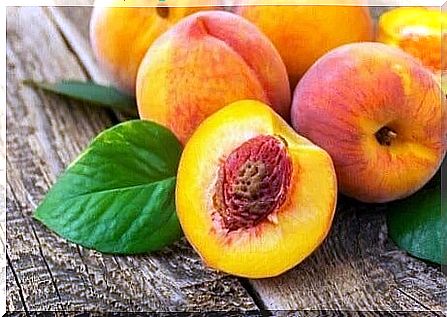
It was considered that, as it is rich in polyphenols, peaches could be a food with anticancer potential. However, when deepening the issue, it was found that the consumption of peaches was not decisive in the prevention or treatment of cancer and that it was necessary to continue researching about it.
10. Oregano?
It was even considered that the oregano carvacrol content could have anti-cancer properties, mainly in the breast, liver and lung cells. However, the studies carried out were not carried out in humans and, therefore, it was not possible to draw relevant conclusions about its possible relationship with human health.
Is there a guide that can answer questions?
AECC experts have developed a guide in which they explain clearly, briefly and concisely what are the main incorrect beliefs, myths and erroneous pseudotherapies about cancer. In it, it is very clear that natural remedies are not advisable.
